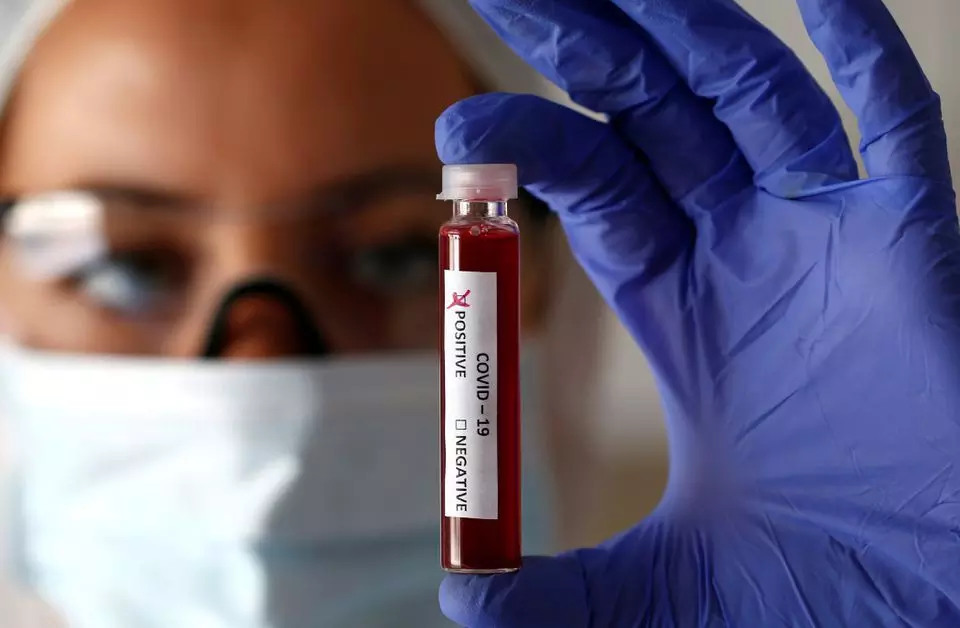
Human trials to find out the causes of Covid-19 re-launched
text_fieldsScientists at Oxford University on Monday began experimenting with former patients in Covid-19 to see how their immune systems react if infected again.
The "human challenge" trials are intentionally exposed to the emerging virus for the second time to understand better what happens when former patients become re-infected and discover what dose of coronavirus is needed to cause a reinfection. Scientists expect that this will contribute as a key development in generating protective immunity against the disease.
The research will be conducted on volunteers aged 18 to 30 who have previously been naturally infected with COVID at least three months ago. They will be re-exposed to the virus and quarantined for 17 days, and observed.
Helen McShane, a vaccinologist at Oxford University and chief investigator of the study, told Reuters that the information from trials would help the researchers design better vaccines and treatments and understand whether people are immunized after covid infection and for how long.
The challenge trials will take place in two phases with different participants at each phase. The first phase is scheduled to begin this month, and the second phase begins in the summer.
Britain became the first country to launch such trials last February to learn more about Covid-19 and its initial effects on individuals. However, the study launched today is different as it seeks to grow a deeper understanding of immunity by re-infecting the participants.
For decades, scientists have used human challenge studies to further their knowledge and develop treatments for diseases including malaria, tuberculosis, typhoid, cholera, and flu.
























